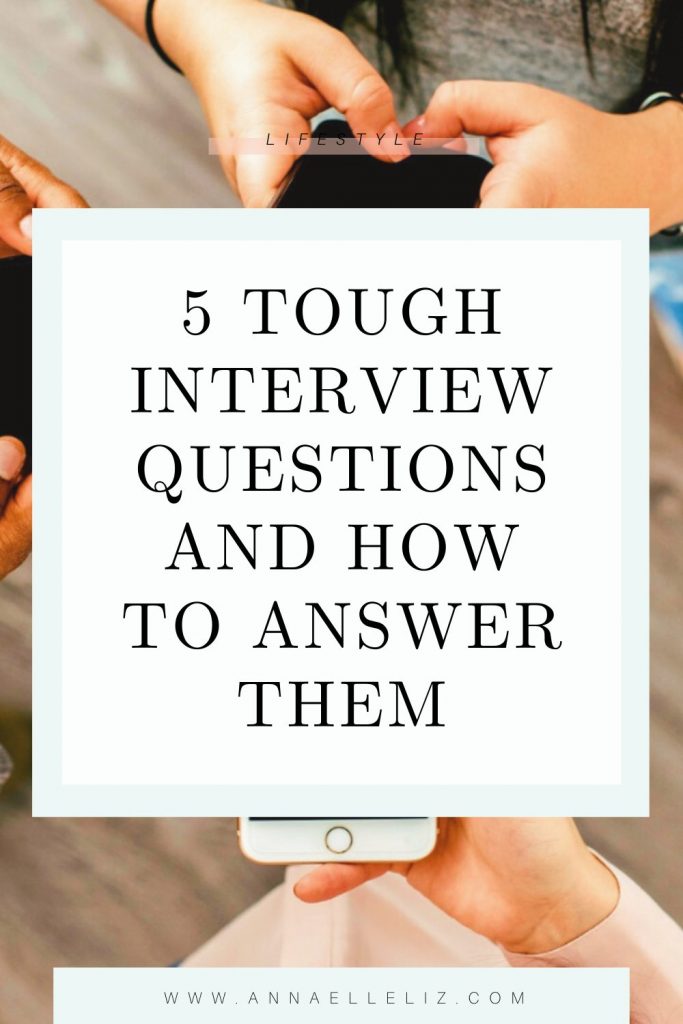Raise a hand if the thought of interviewing gives you mini panic attacks—sweats and all? ?
Just me? Well, kudos to you, but for the rest of us, marathon prepping can be beyond hair pulling even if you know most of the basic questions. Not just that, but it also means trying to anticipate those curveball questions.
But fear not, we can conquer the Q&A game with a few simple shifts in how we think, better yet, how we approach inquiries.
PERSONALITY QUESTIONS
These questions usually let the interviewer get right to the core of who you are on a personal level. Your response will help them determine whether you’re a good match for not only their corporation’s brand but also for specific departments or offices you may be assigned to. Some companies want a team player, while others can do just fine with independent workers.
“TELL ME ABOUT YOURSELF?”
This is a little like that eye-rolling question folks love to ask,”So, what do you do?” It’s asking you to sum up yourself in both a succinct yet engaging way.
You want to grab your interviewer’s attention without delving too much into your life story.
What the interviewer really wants to know is a little about your personality, but also about what you’ll add to this particular company.
Tip: Talk about why you got into your field of choice and how it relates to your background. What is it about your line of work and experience that is specific to you?
“WHAT’S YOUR GREATEST WEAKNESS?”
Good lord these are painful, but interviewers love to ask them so you need to be ready with a good answer.
They want you to be honest, but you don’t have to dig into your past. There is a good way and a bad way to answer these questions, but one thing is for sure: you should never say, “I don’t have any.”
Tip: The best way to answer questions about weaknesses is, to be honest, positive, and focused on solutions. Choose a weakness that wouldn’t be a deal-breaker, and then describe how you overcame it.
PREVIOUS WORK QUESTIONS
Employers want to get a feel for how you handle workplace situations and what you think of your colleagues. Oh, the stories I could tell but don’t take the bait—tread lightly.
“WHY HAVE YOU BEEN OUT OF WORK?”
A major red flag for employers is when someone has been unemployed for more than a few months. For them, it’s in their best interest to learn whether this was a result of the candidate’s personal or weaknesses (lack of ambition, laziness, or a poor work ethic) or whether there were extenuating circumstances beyond the individual’s control
Tip: Package your explanation with facts. If you had to care for a loved one, state all the transferrable work qualities you utilized or gained( organizing, troubleshooting, researching, implementing, creating, etc). If you weren’t able to find work, hopefully, you were able to do some other activities that also highlight your capabilities. Volunteering, mentoring, church activities…all can help dispel any concerns about work ethic.
“WHAT DID YOU LIKE AND DISLIKE ABOUT YOUR PREVIOUS JOB?”
See the trickery there? For this question, the interviewer is trying to learn whether you’re a complainer or if you focus too much on micro versus macro. Stay zeroed in on the positive and make sure that you don’t whine about a work task that will be essential in your new role. Needless to say, bemoaning former co-workers or supervisors no matter how bat-shit cray they might have been is a big no-no.
Tip: Try to envision an area or aspect that could use constructive improvement which could have made it more productive ergo, saved the company money. Oh, and be ready to slightly elaborate.
“ON THE JOB” QUESTIONS
This round of questions is trying to probe how you would work in the company’s environment. Each workplace is different in the expectations they have of their employees, but honest answers can help bridge any gaps.
“WHAT DO YOU EXPECT FROM A SUPERVISOR?”
Here, the interviewer is interested in knowing whether you, as an employee, are coachable and have reasonable expectations of your supervisor.
Answering this question negatively (by listing what you dislike in supervisors) won’t earn you much credit. Instead, try providing an honest example of the management style that is most likely to motivate you to do your best work. In the long run, it could save you a lot of stress from being placed with a supervisor who operates the exact opposite of you.
Tip: Don’t be afraid to ask about the work style, and or temperament of a prospective department. Be honest with yourself if what you hear is not something you could work with.
“HOW MUCH DO YOU EXPECT TO GET PAID?”
Gah, answering this question just makes me cringe! Do you undersell yourself or do you go for the big bucks?
Employers want to know that your salary demands are reasonable. The safest strategy here is to provide a believable ballpark figure, accompanied by a statement of your willingness to negotiate your pay.
Tip: Research, research, research. Tap your networks, mentors, friends, family, former co-workers, plus view profiles of professionals in your field. Also, try using a major online salary calculator to get a solid estimate. Don’t forget to factor your experience/expertise into your final numbers
BONUS
“IS THERE ANYTHING YOU WANT TO ASK ME?”
If you say, “No, I think I’ve got it,” or what I used to say, “No not really” be prepared to kiss that job goodbye.
You just spent 30 minutes with the person in charge of hiring you and if you don’t have any questions, you’re either super nervous and want a sinkhole to swallow you whole, or may need to brush up on your research.
If it’s the first, meditate, pray, rally a pep talk, exude confidence. If it’s the latter, show that you are willing to go the extra mile for the company and spend a couple of days looking up any and everything on them.
Tip: Look into clients they’ve worked with, their greatest successes, and figure out a question or two that shows that you’re really interested in helping them achieve their goals plus your professional ones, too.
Just like those grade school multiplication exams, the more you prepare the higher your score. Now go get that job!!!
Any interview questions that stomped you?










10 Comments
I hate the what is your greatest weakness question!! This is so helpful though, I am bookmarking it for the next time I have a job interview!!!
Lord Jesus, it’s the bane of my existence. That question is so ugh! I used to give the typical humble brag ‘not-a-weakness’ answer but now have tried to actually give a weakness that I’m working on.
I always get so nervous during interviews, these are exactly the questions they ask. I’m glad I have not had to interview for a new job in several years, this is all great info!
Me too! I’m so nervous my voice is shaking because my heart is beating so fast! I wonder what questions they ask now since we’ve switched to online/phone interviews now?
Oh these are great!! I do interviews sometimes and these will come in handy!!! thanks for sharing!!
So happy that this could come in handy!!
Great tips. Definitely always over-prepare for interviews. And always have questions to ask the interviewer 🙂
So so true! You can never be too prepared!
It’s good to know that the interview questions haven’t changed since I’ve been self-employed. I always answered mine the same way…
Woot woot for self-employment. Just starting that journey and would be so glad to leave those questions in the past!